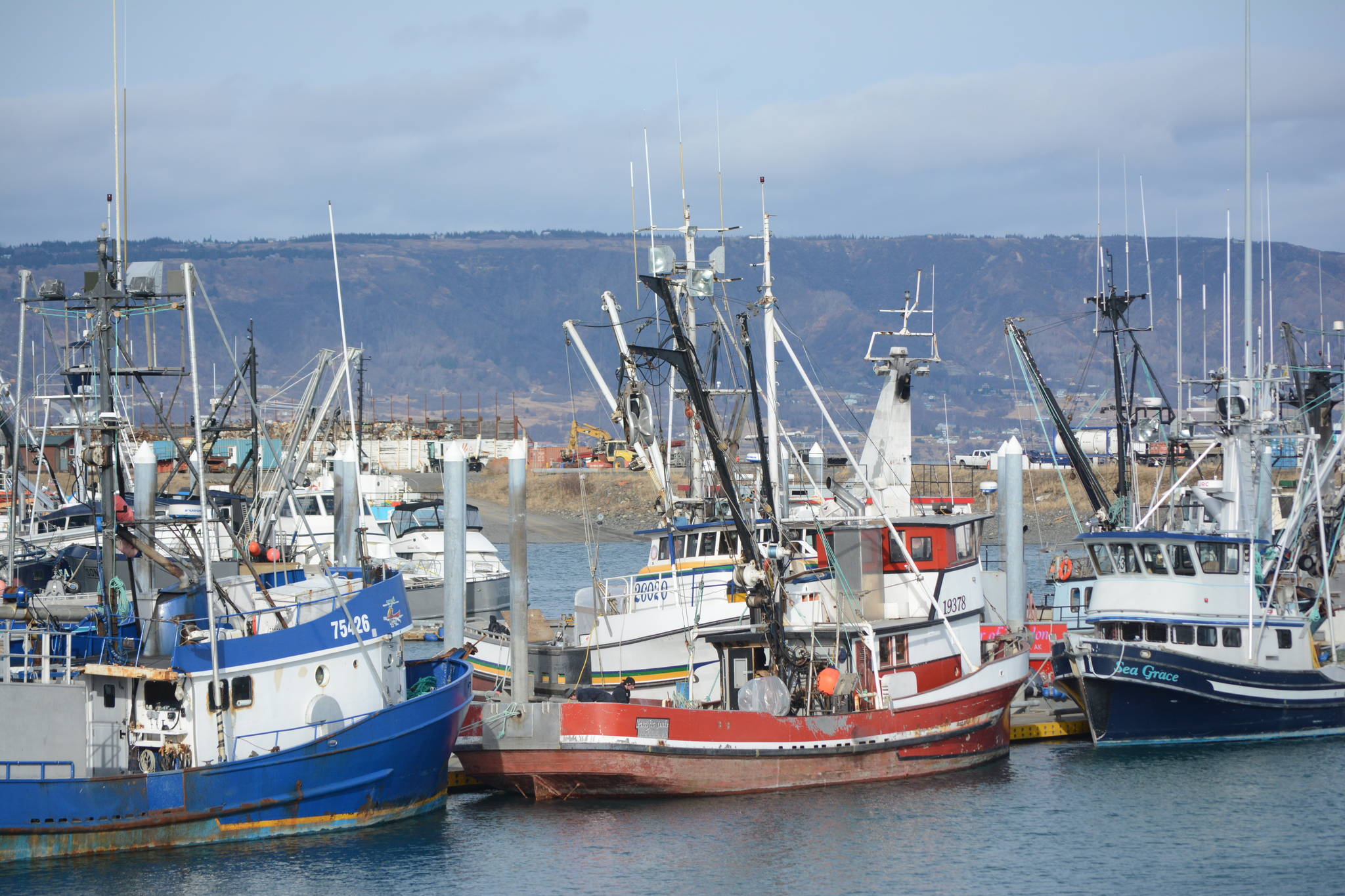Upper Cook Inlet commercial salmon fishermen are alarmed at a proposal to eliminate commercial salmon fishing in the Exclusive Economic Zone, all salt-water areas beyond 3 miles, in the inlet.
The North Pacific Fisheries Management Council has been tasked with overseeing management of the UCI salmon fishery, the result of a successful lawsuit filed by United Cook Inlet Drift Association that requires federal oversight of the fishery so that it complies with the Magnuson-Stevens Act.
The federal Fisheries Management Plan prohibits salmon fishing in the EEZ except in Prince William Sound, the Alaska Peninsula and Cook Inlet.
At a Joint Protocol Meeting between the Council and the Alaska Board of Fisheries on Nov. 5, attendees were presented with four alternatives for supplying that oversight.
The alternatives are: no action; federal management of the EEZ with specific management measures delegated to the State; federal management without delegation; and Cook Inlet EEZ closed to commercial salmon fishing.
A stakeholder committee was formed in 2018 to try to hash out a solution to the problems plaguing UCI and to find ways to bring management into compliance with the Magnuson-Stevens Act, and that committee concluded its work in June with the first three alternatives, and a recommendation for Alternative 2, stating that Alternative one was “untenable but necessary” since that was what led to the lawsuit.
In their final report, that committee stated that under Alternative 2, necessary management measures would be delegated primarily to the state, while under Alternative 3, all management would be done at the federal level.
“Driftnet fishery stakeholders have indicated their opposition to Alternative 3 because it would likely reduce harvest opportunities in the Cook Inlet EEZ due to the absence of a federal infrastructure for managing salmon fisheries in Alaska. Alternative 2, on the other hand, would incorporate the State of Alaska’s widespread salmon data collection and in-season management capabilities into the fulfillment of federal management obligations. The Cook Inlet Salmon Committee has consistently indicated its support for Council action to fulfill Alternative 2,” the report read.
According to a Council summary of the meeting, “Alternative 2 would result in federal management of the commercial salmon fishery in the Cook Inlet EEZ with specific management measures delegated to the State of Alaska. Notably, in-season management in the EEZ would be delegated to the Alaska Department of Fish and Game. (Status Determination Criteria) and (Annual Catch Limits) would be pre-season through the Council process, but be evaluated post-season. Other measures delegated to the State: escapement goals, fishing seasons, closed waters, management areas, legal gear, record keeping and reporting. Alternative 2 would also require a Federal Fisheries Permit, a Federal logbook (catch by statistical area, EEZ groundfish), and Fish tickets/eLandings reporting used for catch accounting and data analysis by the Council and NMFS.”
Alternative 4, closing the Cook Inlet EEZ to commercial salmon fishing, largely seen as a death knell to the fishery, was reportedly added last minute at the request of Rachel Baker, deputy commissioner at Fish and Game, prior to the joint meeting.
Neither Baker nor Doug Duncan, fisheries management specialist at the Alaska regional office of NOAA Fisheries who gave the presentation to the joint protocol meeting, responded to voice mails requesting confirmation.
An action alert sent out to UCI fishermen stated “After a disastrous 2020 salmon season, the commercial salmon fishing industry in Cook Inlet is now facing an even greater threat to its long-term existence. The State of Alaska is attempting to effectively close the commercial salmon fishery in Cook Inlet. We need every fishermen and their family and crew to submit comments to the North Pacific Fishery Management Council.”
Paul Fleenor, an UCI fisherman who has been trying to draw attention to the upcoming meeting, said “everybody needs to wake up and pay attention, or it will be gone.”
Written comments need to be submitted by Friday, Nov. 27 at https://meetings.npfmc.org/Meeting/Details/1745, but interested parties can sign up for giving verbal testimony at the December meeting can find information at
https://meetings.npfmc.org/Meeting/Details/1745.
Cristy Fry can be reached at realist468@gmail.com



